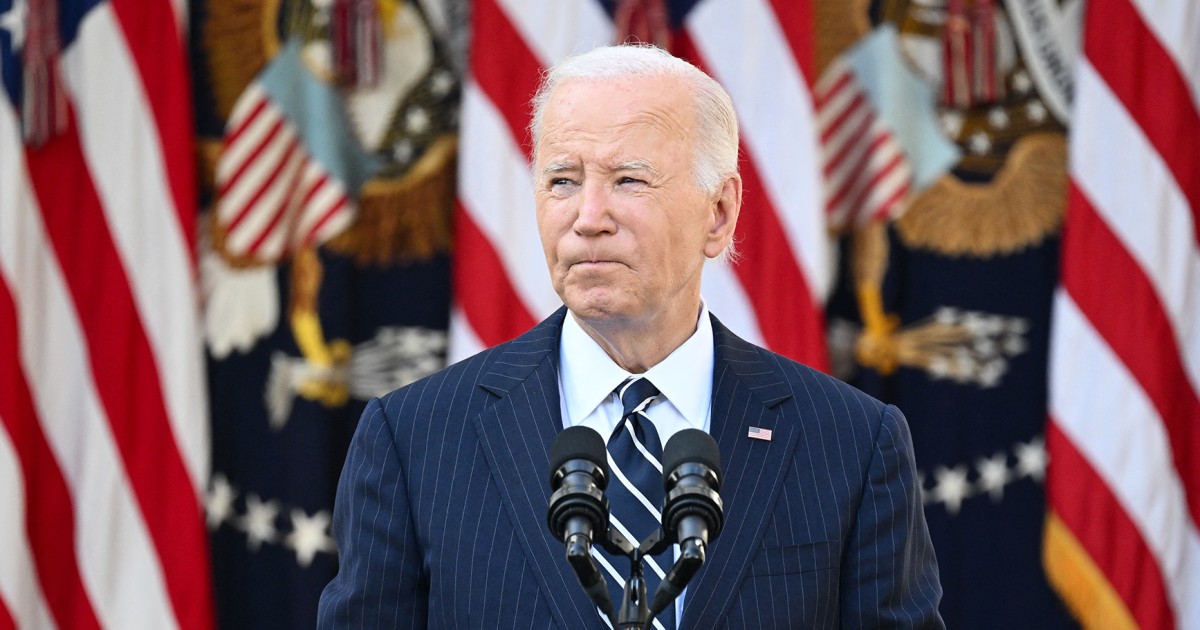Summary
President Joe Biden’s economic achievements—lowering inflation, reducing gas prices, creating jobs, and boosting manufacturing—are largely unrecognized by the public, despite his successes.
His tenure saw landmark legislation like the Inflation Reduction Act, CHIPS Act, and major infrastructure investments.
However, Biden’s approval ratings remain low, attributed to inflation backlash, weak communication, and a media landscape prone to misinformation.
Democrats face a “propaganda problem” rather than a policy failure, with many voters likely to credit incoming President Trump for Biden’s accomplishments due to partisan messaging and social media dynamics.



Is it though? Or is it incredibly bad when the system is predicated on infinite growth, measured by quarterly EPS?
We can probably tolerate a little more disinflation, as a treat. Deflation has to be sustained for it to start moving toward a recession, and since companies (see Tech, see Biosciences, see IT) are already pushing for massive layoffs anyway, where is the incentive for workers? Particularly and explicitly on the heels of record profits and while many large companies are sitting on cash surpluses. They’re basically just laying off workers so executives can get a fat bonus. So whose interests are being served? Certainly not the greater economy.
Corporate decisions are already breaking the social contract. Reinvestment has been replaced with stock buy-backs, and human capital is crushed to manipulate wages to their lowest point again. As has been happening for nearly 40 years.
No, not really, because deflation (not disinflation) tends to be self-sustaining, much like hyperinflation does. If the dollar I have today will buy two dollars worth of goods next week, then I’m going to hold onto my dollar to make any sort of discretionary purchase until next week. When everyone does that, all at the same time, it’s like building a dam; the flow of money just grinds to a halt. Companies don’t have money coming in, so they can’t pay workers, which leads to layoffs, and the people laid off have no income to buy anything now, which feeds right back into that cycle.
I agree with you that corporations need to be reined in, that executive salaries are out of control, and that things like stock-buybacks are the bane of a functional economy. But that’s literally going to take legislation in this country to fix, in the same way that it did when the economy crashed in the 1920’s, and I guarantee you that there’s going to be zero political interest in that for at least two years.